Author: LexQuest Foundation
-

LQF’s Working Document on Penal Laws’ Reform in India
At LQF, we strive to aid all government efforts to enable better laws in India. We have tirelessly engaged with varied relevant stakeholders to be able to endorse comprehensive and constitutionally sound legal reforms in the country. We stand for the constitutional ethos and believe in the emancipatory power of law to drive social change.…
-

Call for Submissions: Working Document on Penal Laws’ Reform in India
‘The government has initiated the process of consultations with stakeholders for amending Indian Penal Code (IPC), Code of Criminal Procedure (CrPC) and the Indian Evidence Act, MoS (Home) Ajay Kumar Mishra today informed the RS.’ Link This is a call for submissions for recommendations you would like to make to the government panel working on…
-
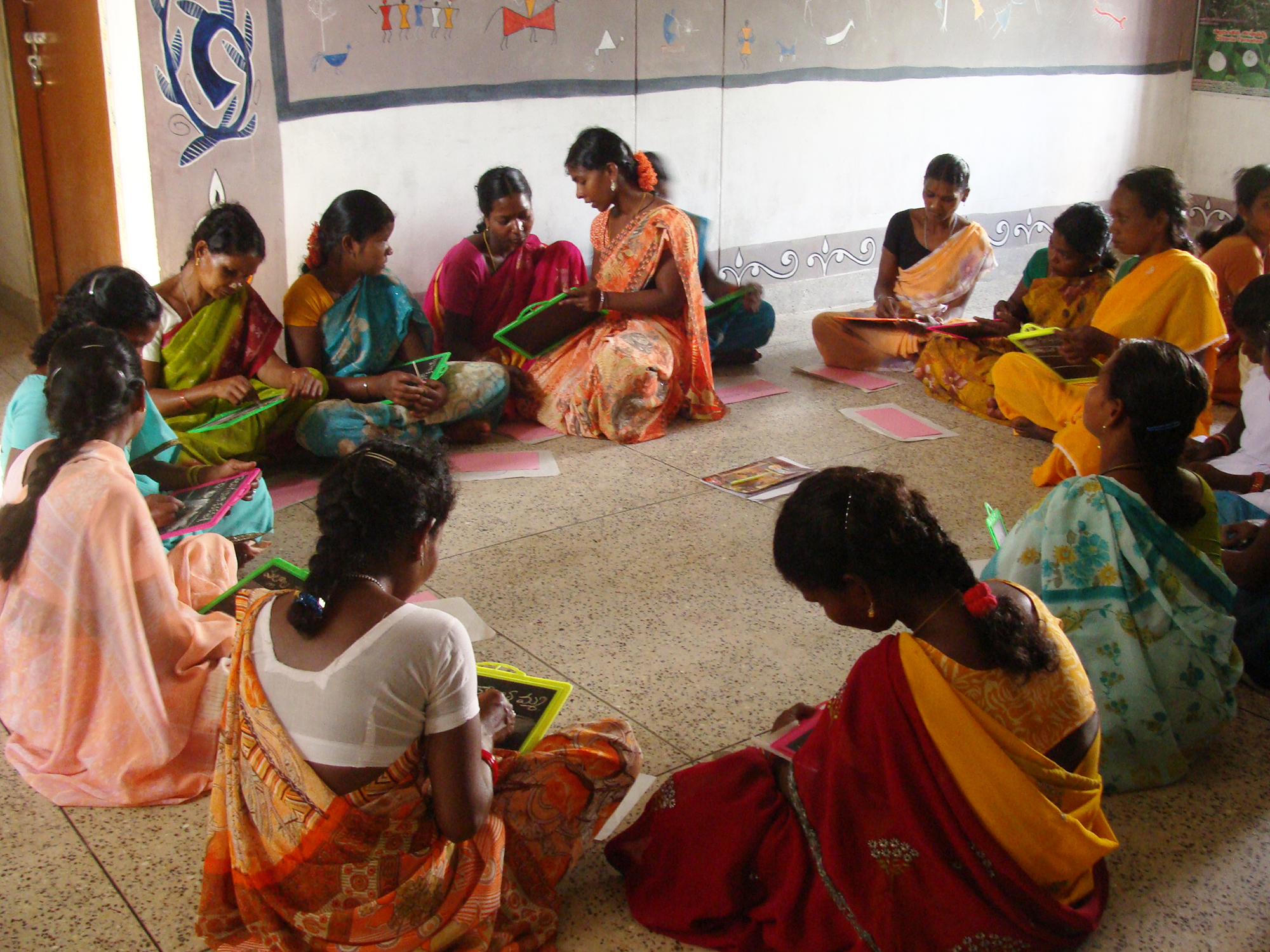
Exploring ‘Education for All’ through the lens of the New India Literacy Programme (2022-2027)
The importance of accessing quality education lies in the purpose, utility, and role that education plays in the development of human beings. Scriptures, scholars, and Courts have cited many reasons for the importance of education. One such reason is that it facilitates the development of the human personality and qualitative improvement of life. Another reason…
-
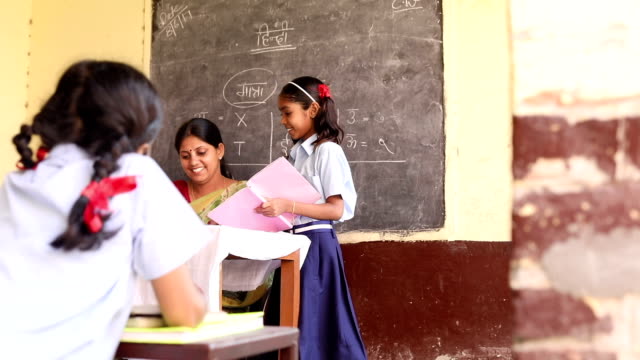
Examining the Education and Teaching Sector in India from the Lens of a UNESCO Report
The National Education Policy (NEP) 2020 has again brought to light the lengthy debate and discourse on the need for enhanced policies to improve our educational system. A report by UNESCO, namely ‘No Teacher, No Class: State of the Education Report for India 2021’, discusses the various facets and spheres of India’s teaching and educational…
-
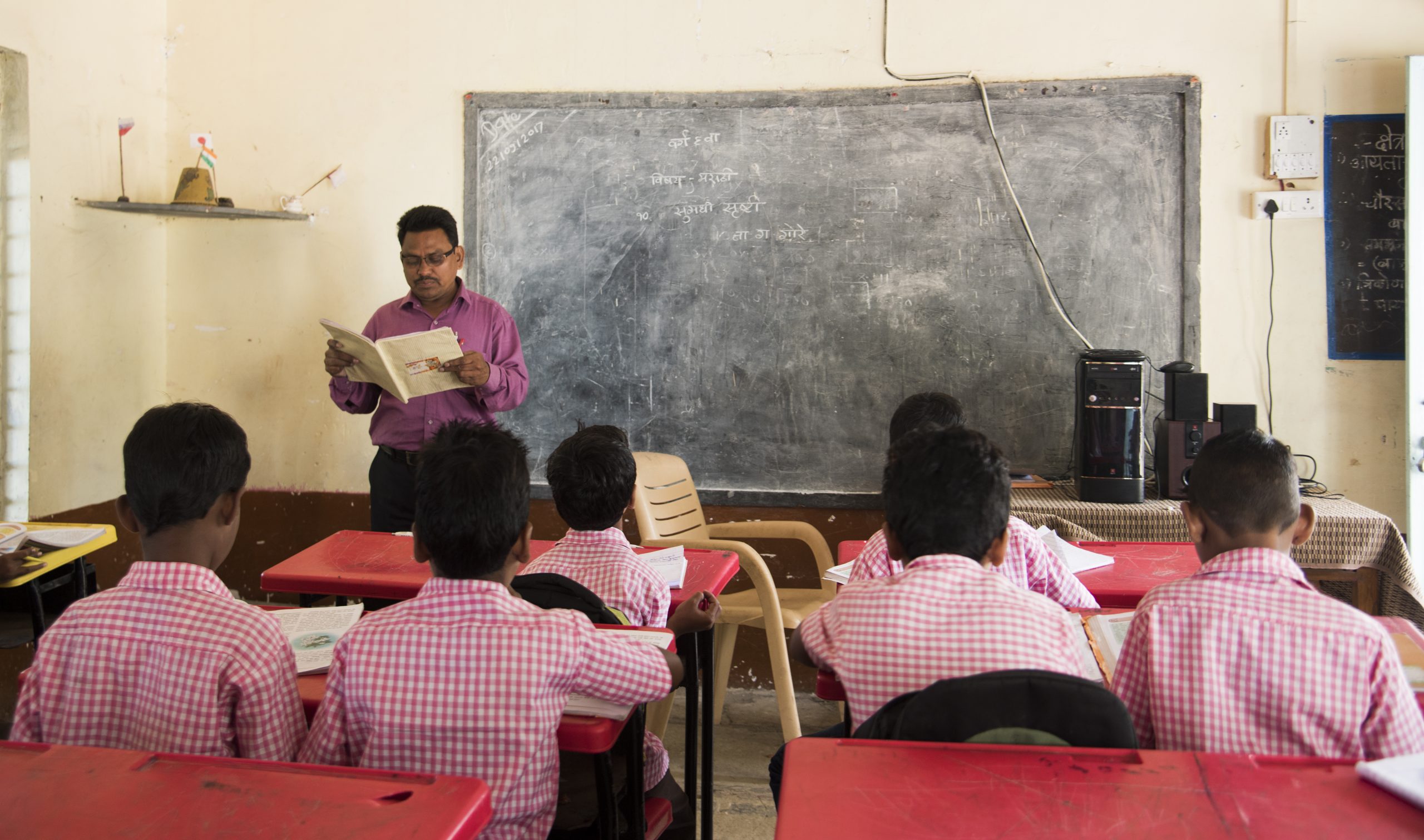
Reinventing Educational Approaches: The Shift in Indian Teaching Pedagogy
India has seen a long tradition of rote memorization as the primary teaching pedagogy, the first instances of which come across in the ancient gurukuls of the Vedic period. Furthermore, the pedagogy had been teacher-based. According to this learning system, the disciples of a particular guru or teacher would stay with him to learn by…
-
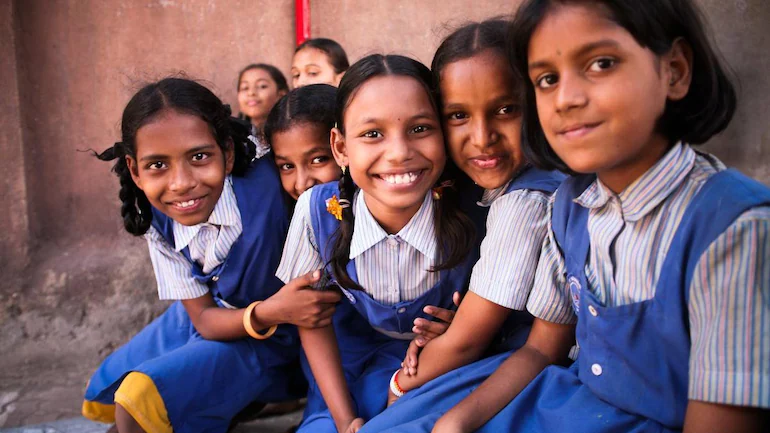
Help two female students get smartphones for attending online classes
Divya and Bhoomi are studying in classes 7 & 5 respectively in Tughlakabad’s government school in Delhi. Due to the COVID-led precautions, as the primary & secondary schools of Delhi are functioning in a hybrid model, classes are still being conducted online every alternate day. But since both their parents leave home early for work…
-
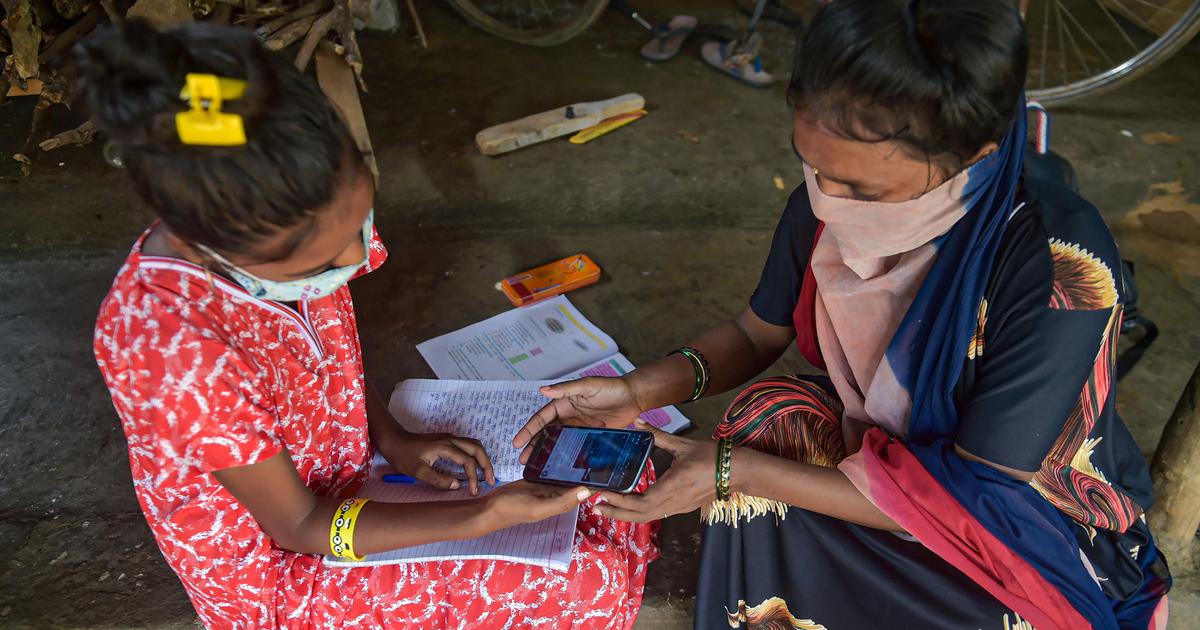
“Phones for Good” Campaign
What can you do? You can now donate your old phones to facilitate the access to hybrid education of underprivileged children in Delhi. Why this campaign? Since the pandemic in 2020, digital education was introduced for all schools as the only viable means to ensure access to education. Later last year, even when schools reopened,…
-
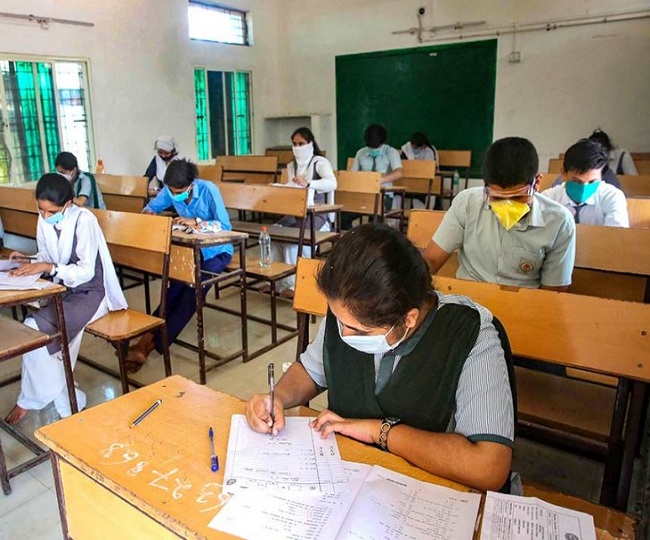
Taking a Second Look: Implication of Education being a State List Subject
Education features as the joint responsibility of the Union and the States in the Indian Constitution. This joint responsibility is complex, to say the least, and has been the subject of debate spanning several decades now. What lies at the root of this complexity is the tussle between States exercising their individual autonomy in making…
-
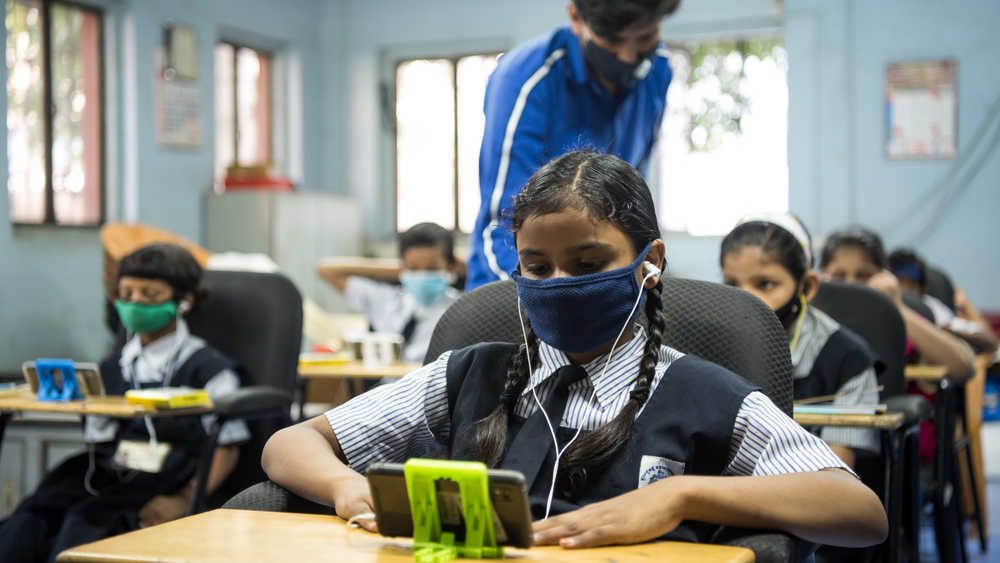
Bridging the Chasm of a Digital Divide: How will the Indian Government’s Bid for Regulating EdTech Companies Impact India’s Underprivileged Children?
Malcolm X, a noted human rights activist, and a US minister, had once remarked, “Education is the passport to the future, for tomorrow belongs to those who prepare for it today.” These words hold good even today, perhaps more than they ever did. As our society develops more and more technologically, education has quickly become…

